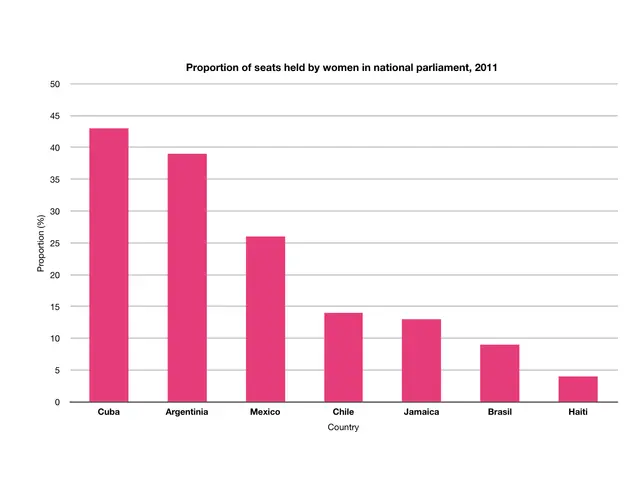Hostile Teen Behavior Speeds Up Biological Aging by Age 30, Study Finds
A groundbreaking study by the University of Virginia has revealed a striking link between hostile behavior in adolescence and accelerated biological aging. The 17-year research, led by Terrie Mott and colleagues, tracked 123 participants from 1998, monitoring their relationships and key health biomarkers. The findings, published in 2019, show that hostile behavior in teens can lead to faster bodily wear and tear by the time they reach their 30s.
The study found that hostile behavior in adolescence was consistently associated with faster aging across both men and women. This wasn't limited to future cardiovascular risk; instead, it predicted a broad range of markers indicating quicker bodily deterioration. Persistent conflicts with fathers in late adolescence and aggressive behavior towards friends around age 20 were particularly strongly linked to declines in physiological health.
Starting in 1998, the study monitored teenagers, assessing their relationships and key health biomarkers. By the time the participants reached their 30s, those who had displayed hostile behavior in their adolescence showed signs of accelerated aging. Specifically, hostility towards friends and strained relationships with fathers at age 13 were found to be associated with faster aging by age 30.
The University of Virginia's 17-year study, led by Terrie Mott and colleagues, underscores the significant impact of hostile behavior in adolescence on biological aging. The findings highlight the importance of addressing and managing hostility in teenage years to potentially mitigate its long-term effects on health and aging.





